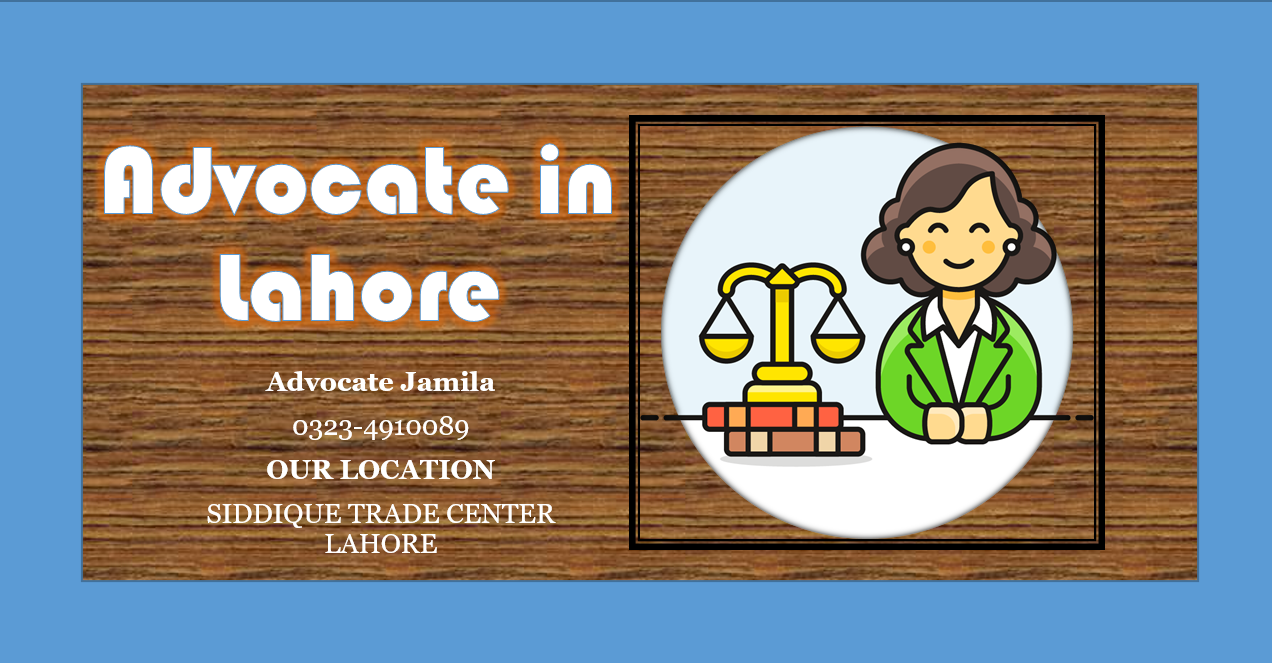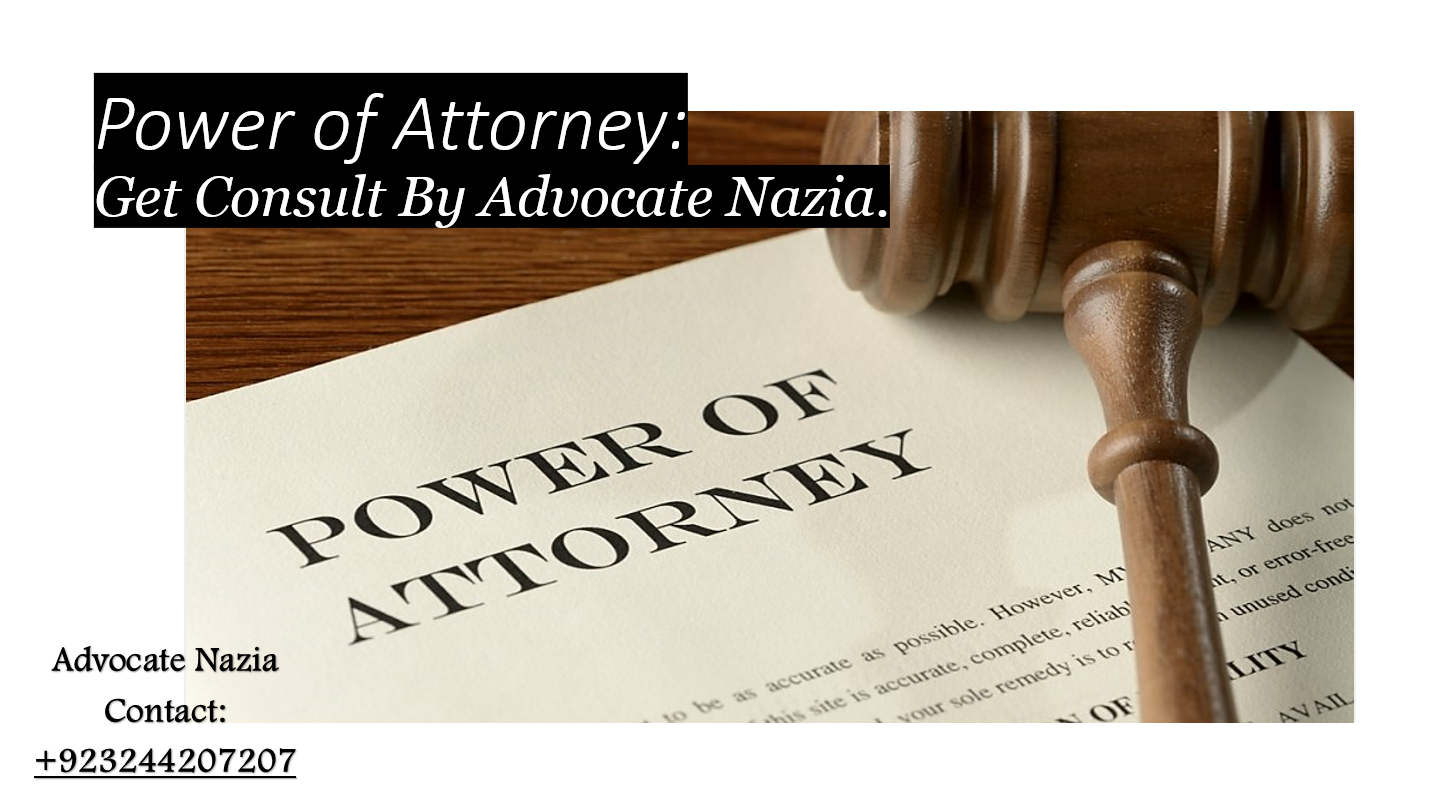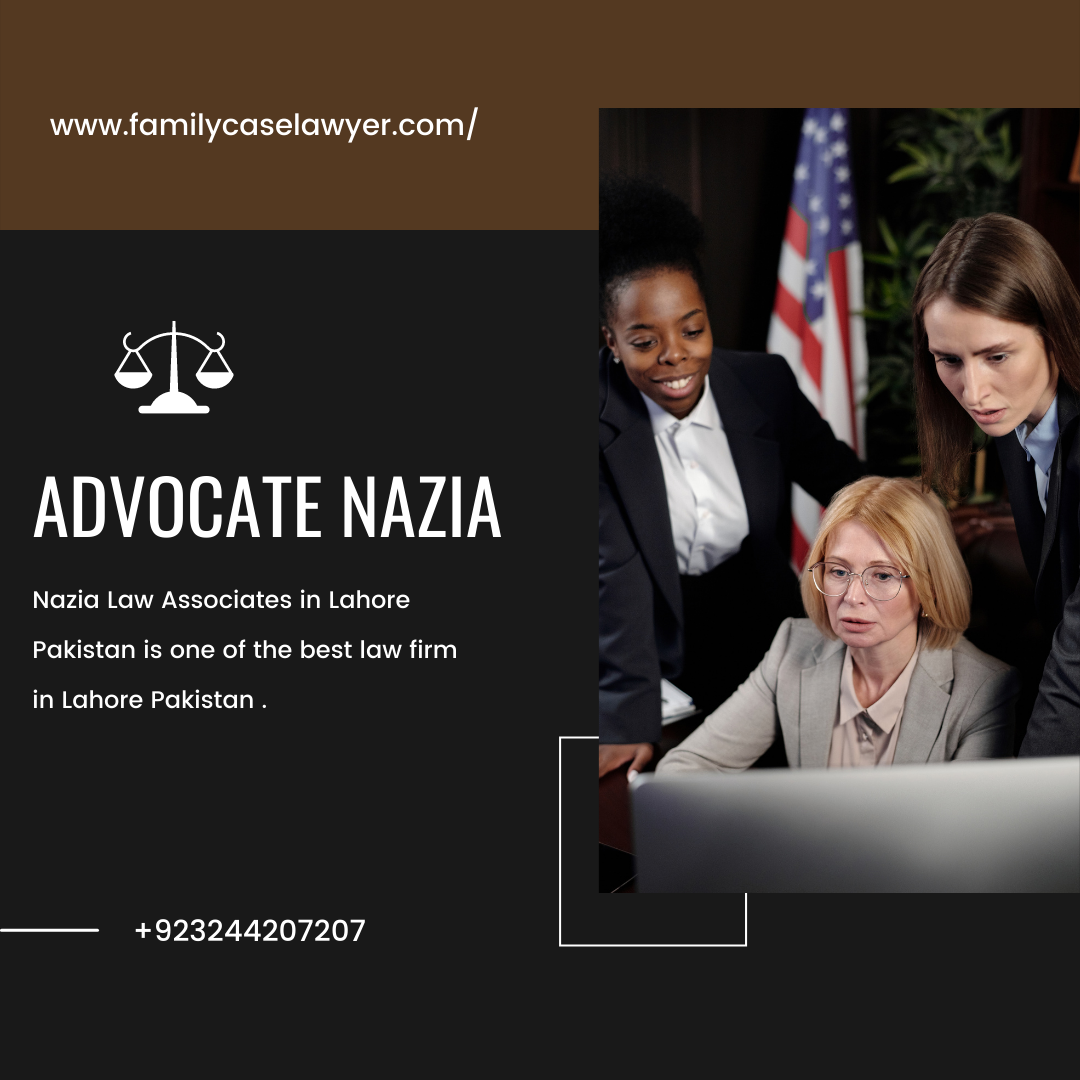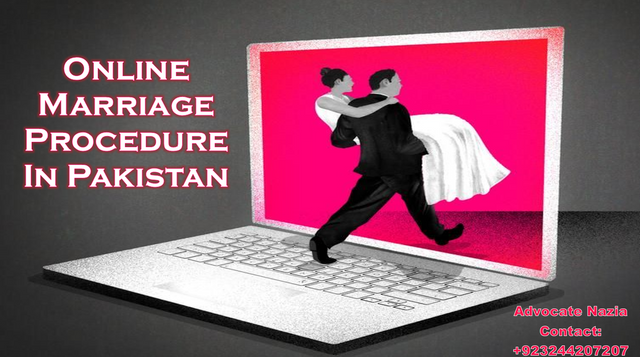Know Establishing Way of Court Marriage in Lahore
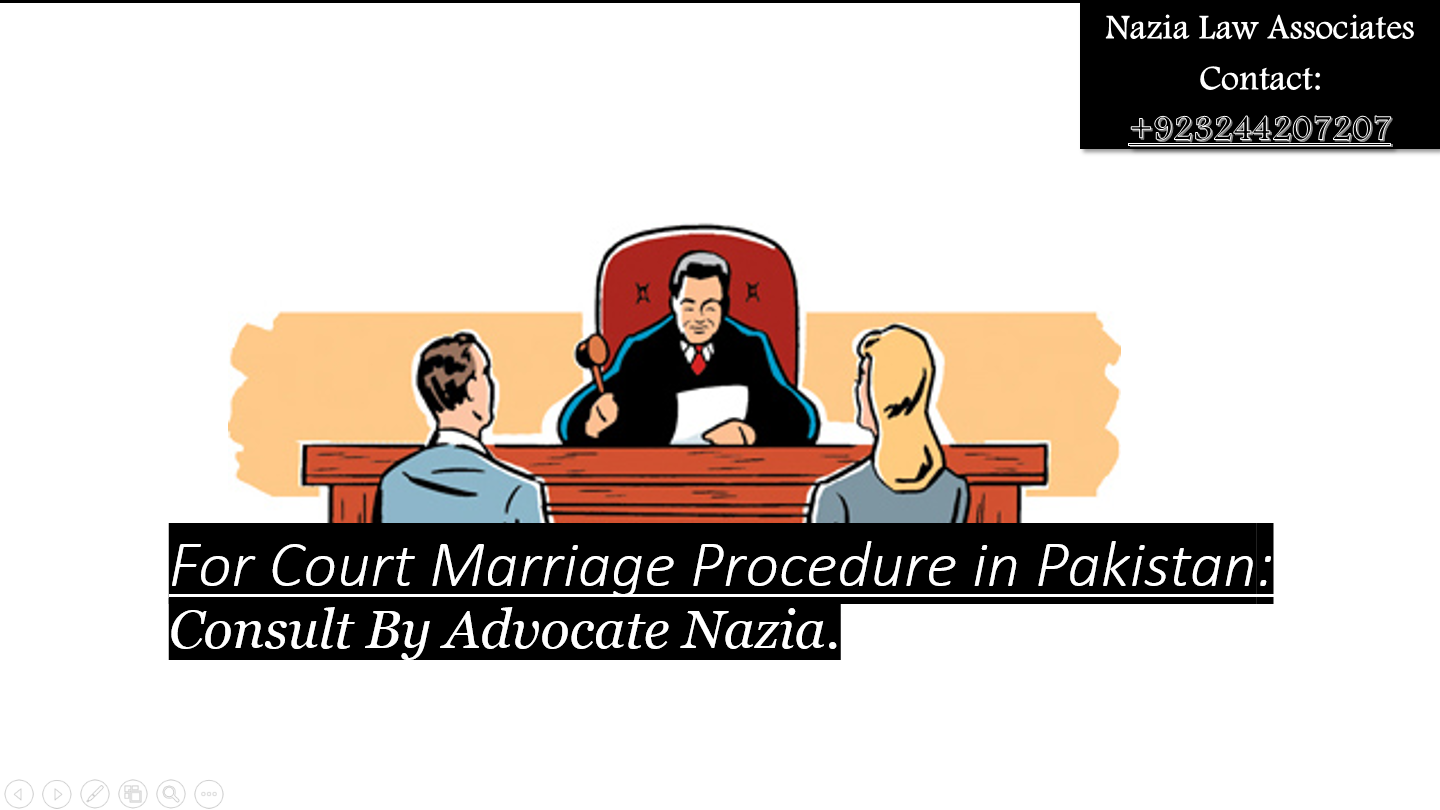
SUMMARY
Establishing Court Marriage in Lahore:
To establish the services of court marriage in Lahore Pakistan and child custody in Pakistan, Nazia Law Associates is the best. The restrictions imposed by them are necessary for the orderly conduct of human society. For example, the International Convention on the Elimination of all Forms of Racial Discrimination of 1965 condemns racial discrimination regarding court marriage in Lahore, Pakistan, and child custody in Pakistan. Islam recognizes absolute equality between citizens of the Islamic State and nonMuslim residents of that State without distinction regarding color, race, or nationality irrespective of court marriage in Lahore Pakistan, and child custody in Pakistan.
Racial Discrimination:
In other words, racial discrimination and the color bar are alien to Islam. In the Islamic State founded in Madina fourteen centuries ago, Prophet Muhammad (PBUH) established a harmonious and well-limit society where all people, black, brown, and white, were considered a part of the greater brotherhood of Islam. After he migrated from Makkah to Madina to make it the base for spreading Islam globally, one of his first acts in God’s service was to build Islamists’ first mosque in Madina. What more significant proof of his belief in the equality of races could there be than that he made a black African slave, Bilal, the first muezzin of Islam – the man who called Muslims to prayers five times a day the mosque. The Prophet (PBUH) honor conferred on Bilal (RA) symbolized Islam’s struggle against slavery and racism.
Child Custody in Pakistan:
Court marriage in Lahore Pakistan, and child custody in Pakistan is the legal right of everyone. It proclaimed both in letter and spirit the Prophets faith in the dignity of man and translated into practice the Islamic concept of human rights; The Prophet (PBUH) could have made one of his Arab companions. Islam’s first muezzin, but he chose a black African slave for this great honor and privilege. Further, on the occasion of his last sermon, the Prophet (PBUH) reaffirmed and elaborated the Quranic ordinances, adverted to earlier, and commanded his followers. The Prophet (PBUH) uttered these noble words in a gathering that was predominantly Arab and in an age when most Arabs considered themselves a superior race.
Revolutionary Commandment:
Although, by his revolutionary commandment, the Prophet (PBUH) outlawed for all time the world of Islam any thought of superiority based on race or color, the religion he preached was universal. The message of God, which he gave to the world, was for all humanity. The color of one’s skin had no meaning in Islamic society or its way of life regarding court marriage in Lahore Pakistan, and child custody in Pakistan. In the Prophet’s eyes (PBUH), the criterion for respect and respect and honor in the Muslim community was one’s purity and obedience to the will of God as revealed in the Holy Quran.
Islam’s precept of human equality and brotherhood of man is as valid and worthy of emulation today as it was more than fourteen centuries ago. This tremendous revolutionary doctrine gave Islam the universal appeal it won within a few decades, enabling it to surge across the desert of Arabia and establish itself as one of the most widely-practiced religions in the world.

